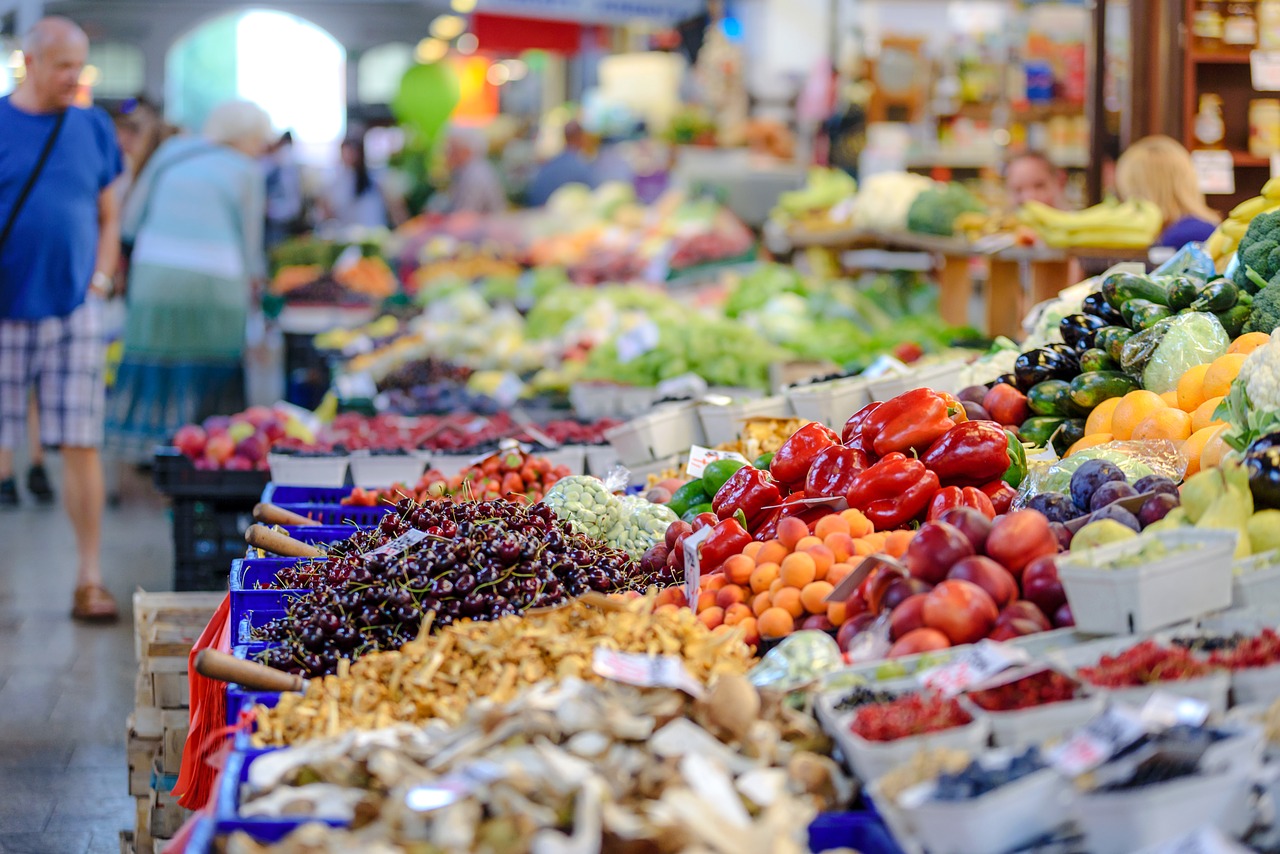News
APEC meeting calls for open trade to ensure food security

Kiandee urged member economies to adopt an inclusive approach to food security to ensure that the vulnerable groups are not left behind during these challenging times.
(Pixabay photo)
KUALA LUMPUR – Agriculture and food ministers and senior representatives from the Asia-Pacific Economic Cooperation (APEC) member economies have pressed for stronger cooperation and open and predictable trade regimes to ensure that global food systems remain accessible, innovative, reliable, resilient, and sustainable against the backdrop of coronavirus disease (Covid-19) pandemic.
At the virtual Ministerial Policy Dialogue on Food Security on Tuesday, ministers committed to intensifying collaboration in relevant areas, especially food standards and safety assurance, connectivity, productivity, capacity building, and reducing barriers to food trade.
“It is of utmost importance for APEC members to work together to enable the flow of essential goods, including agriculture and food products, across borders and to enhance our collective resilience to food supply disruptions,” said Ronald Kiandee, minister of agriculture and food industries for Malaysia, host of APEC 2020.
Kiandee urged member economies to adopt an inclusive approach to food security to ensure that the vulnerable groups are not left behind during these challenging times.
“We need to have a sustainability mindset where we meet food security demands without compromising the well-being and ability of the future generation to fulfill their needs, as well as safeguarding natural resources,” he said, adding that members need to address disruptions to employment and income sources.
APEC Secretariat’s Executive Director Rebecca Fatima Sta. Maria said APEC served as an ideal platform to intensify cooperation and formulate a coordinated response “to help us prevent a health crisis from becoming a food crisis.”
“Members can consider specific areas including avoiding unnecessary export bans and restrictions, lowering import tariffs and other quantitative import restrictions on food products, as well as pursuing initiatives to maintain connectivity and avoid supply chain disruptions,” she said.
The Covid-19 pandemic has caused major disruptions in the production of several food products, particularly those that require intensive labor such as meat processing facilities and fruit and vegetable packing plants, according to a recent report by the APEC Policy Support Unit. (Xinhua)





















